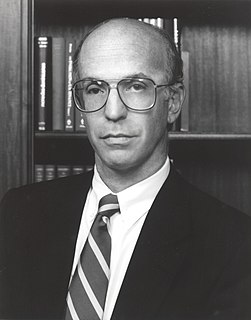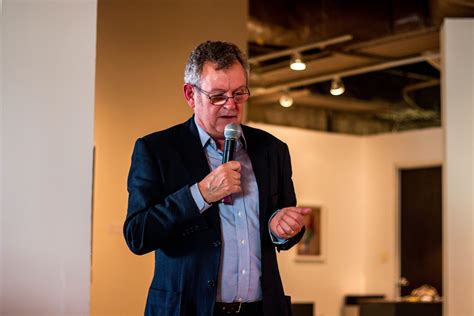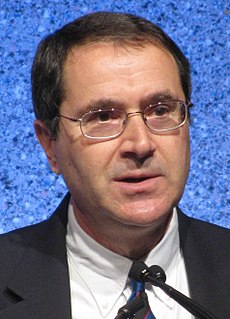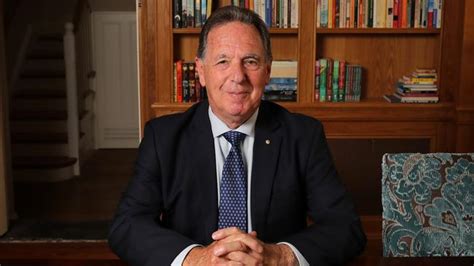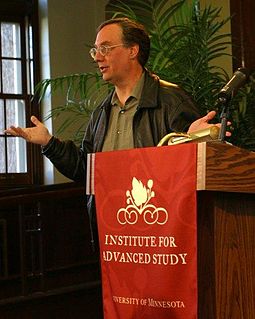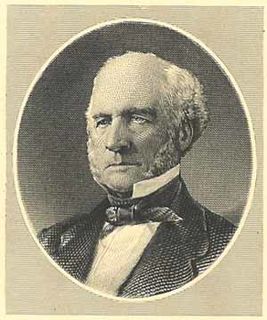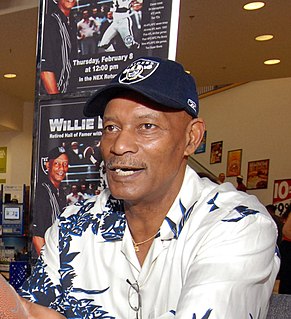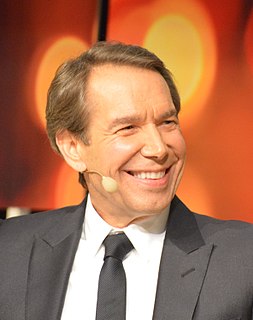A Quote by Kehinde Wiley
The artists ultimately respond to the public.
Quote Topics
Related Quotes
There are certain artworks that I respond to, artists that I respond to. It's an intellectual reaction but it's also a biological reaction. And the excitement that the work can generate - how it makes you feel about not only your intellectual possibilities but your physical possibilities in this world. How it feels to be alive!



